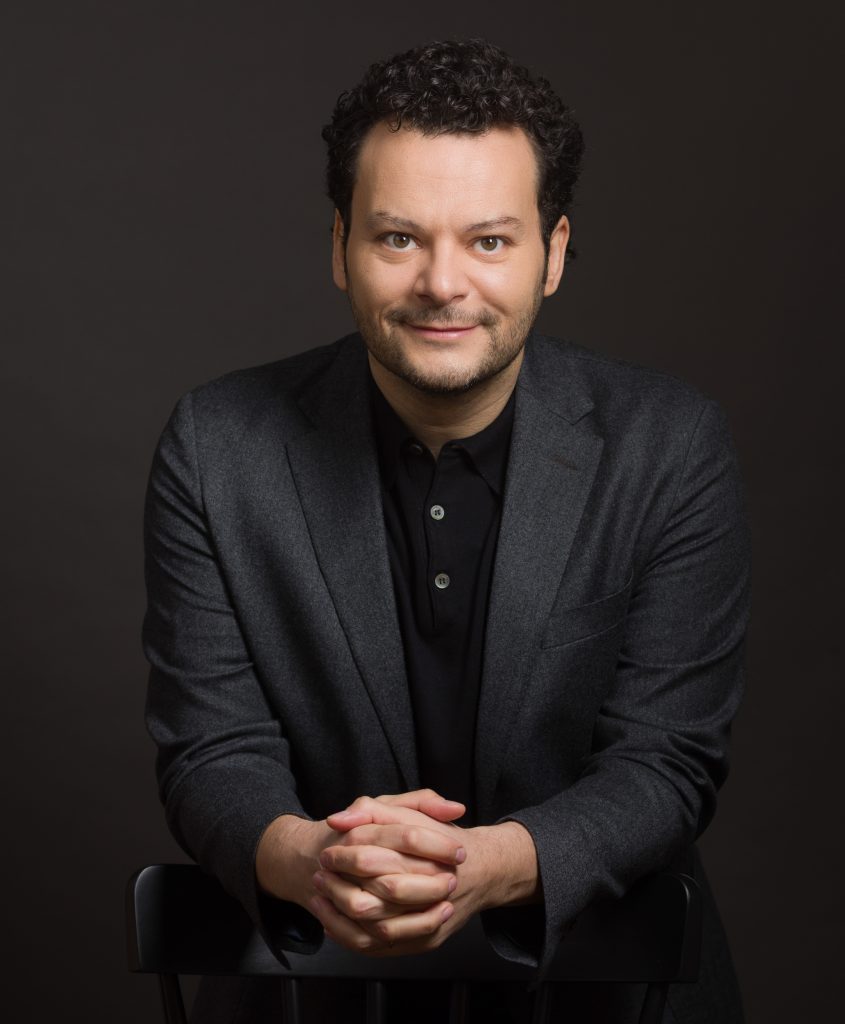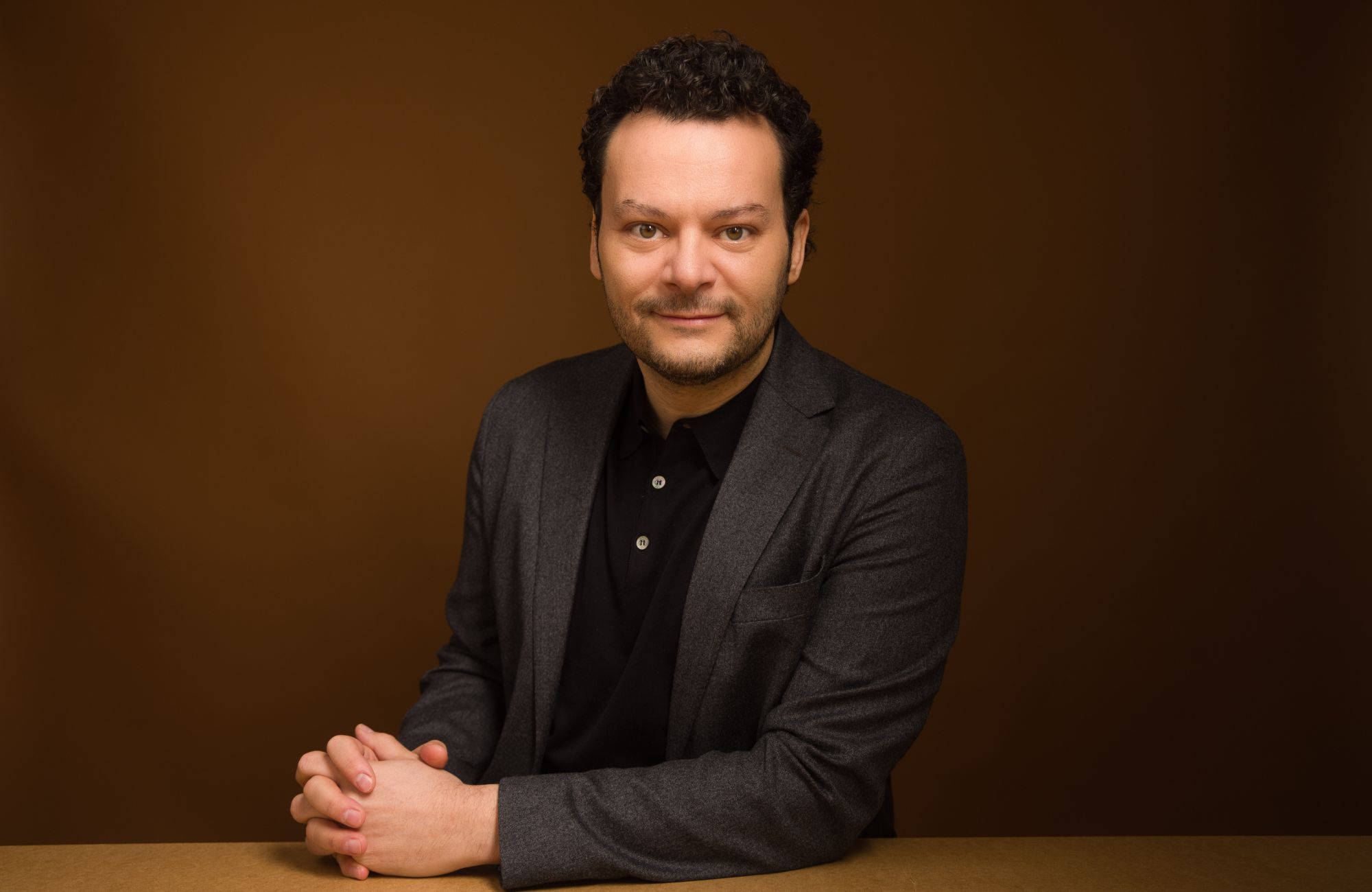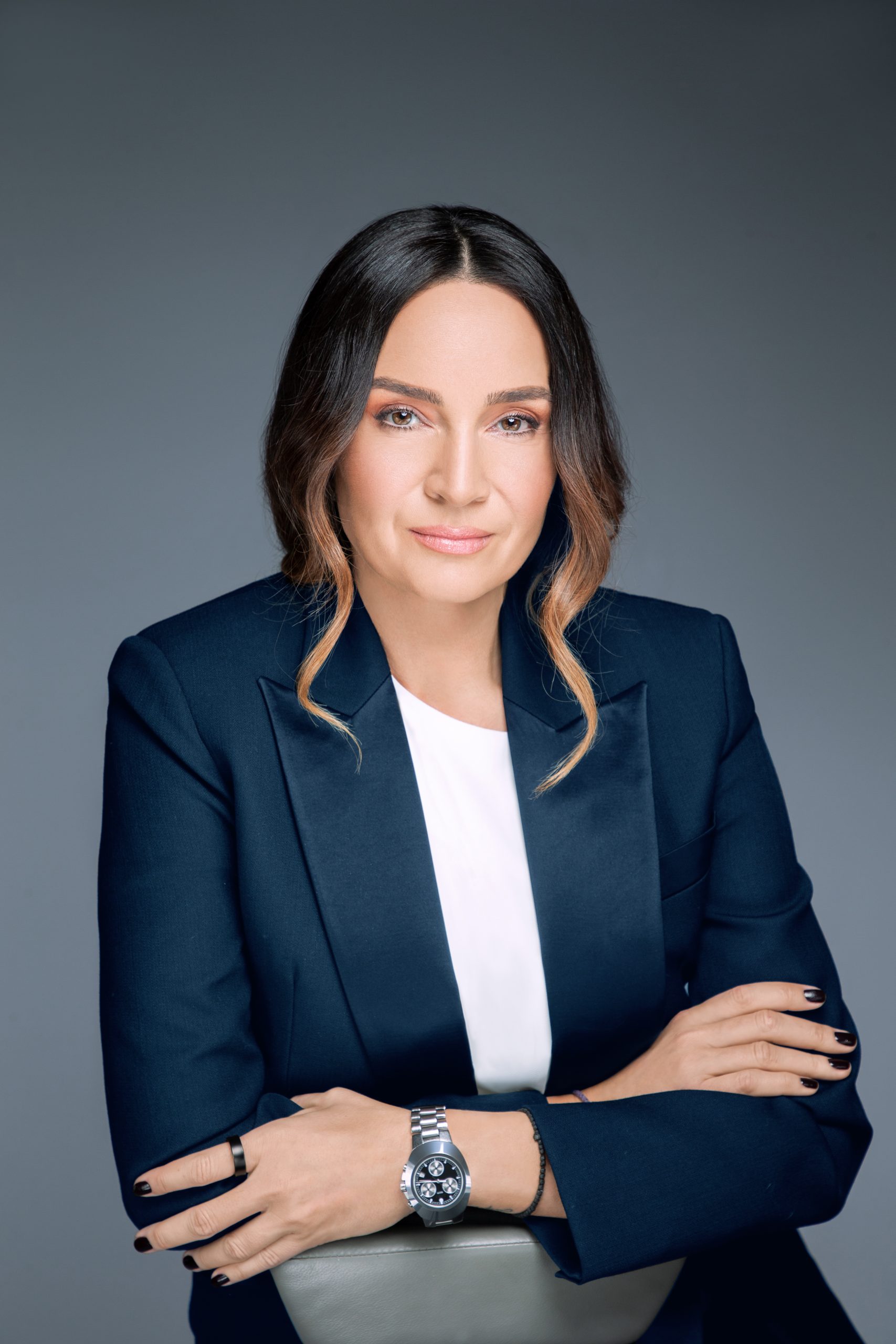Fady Chreih is the CEO of REGINA MARIA the Healthcare Network, a leading provider on the private healthcare market in Romania. Since 2018, he has also been Chairman of the Board of Directors of MediGroup, the leader of the private healthcare market in Serbia. He completed various specialized courses at Harvard, Stanford University, as well as INSEAD and London Business School.

In the past years, Fady Chreih has been increasingly involved in promoting an equitable access to quality education, being a member of the Teach for Romanian’s board since 2016.
Together with Regina Maria’s over 11,000 employees and collaborators, Fady Chreih supports the development of responsible and sustainable organizations, which start with a solid internal culture.
In this interview, Fady Chreih shares with us more about the concept of longevity healthcare and why longevity should become an intrinsic part of preventive care.
1. What is longevity healthcare and why should a healthcare provider focus on this aspect?
When hearing about “longevity”, many people might associate the concept with something out of a science fiction novel, involving technologies too far into the future or treatments so expensive that they are out of reach for the majority of people.
In reality, longevity medicine addresses the specific care needs that arise as we age and is viewed as a complex extension of preventive medicine. Just as pediatricians are dedicated to children’s health, longevity doctors are concerned with physical health and slow, healthy aging. Longevity healthcare is a complex process that often begins with changes each of us can make to improve our lifestyles and mitigate the risks that accelerate the aging process – better nutrition, more exercise, better sleep are just few examples. We see a relevant trend nowadays in research to reveal the biological processes behind cell aging and how this can be stopped or even reversed. For instance, we currently have genetic testing that highlights our biological age and indicates how our bodies are coping with the aging process, as well as personalized treatments targeting specific factors that accelerate the aging processes for each patient – and we are only scratching the surface.
The purpose of longevity healthcare is not only to contribute to a longer life, in terms of quantity, but, more importantly, to maximize the number of quality life years. Nobody lives forever, but everyone should live long and healthy lives. Thus, longevity is actually just a facet of prevention, and should be considered, by any healthcare provider, an intrinsic part of overall health. This is why, as the leader in the quality of medical services in Romania, we aim to bring the latest anti-aging medical processes, innovations, technologies and treatment plans to our patients. And we are doing this through the Regina Maria Longevity Center that we opened in Bucharest.
2. At what age should we start focusing on longevity healthcare?
While it is never too late to become concerned about your overall health and how to slow down the aging process, the sooner you make changes, the better the results will be. At Regina Maria Longevity Center, our anti-aging assessment and planning programs are specifically tailored to the needs of each age group, starting with active people in their 30s. The consensus among the medical specialists is that the best time to start implementing changes to slow down the aging process and improve your quality of life as you get older is somewhere between 30 and 45 years old – this is the best interval to start focusing on longevity in order to maximize the benefits.
However, we aim to increase awareness regarding the concept of longevity throughout all generations and age groups, because, unfortunately, the aging of the population is more accelerated in Romania than in other countries. In many Romanian patients, biological age far exceeds the chronological one. The factors are multiple and include the lack of a prevention culture – which we are slowly changing, through our medical subscriptions that encourage accessing medical services preventively -, as well as the high morbidity rates in our country, sometimes significantly higher than European averages. We hope that by informing at least the currently mature patients, aged between 30 – 60, we will avoid the phenomenon we are now witnessing: of many Romanians over 65 years of age reporting a sudden drop in life quality because of an accelerated aging process.
3. Name 3 myths about longevity, from a healthcare provider point of view.
Two of them I might have mentioned already: that longevity is a concept from science fiction novels or that longevity treatments and solutions are so expensive as to only be available to very few. A third one might be related to accessibility: more precisely, that the best longevity treatments are only available outside our country.
We aim to debunk all these myths through Regina Maria Longevity Center. Our mission has always been to provide healthcare services at the highest international standards for Romanian patients, and we make no exceptions as far as longevity is concerned. At the Center, the patients have access to the latest genetic testing and the most innovative treatments in the field, all highly personalized to cater to the needs of each individual.
4. How much is longevity a result of lifestyle and how much is longevity a result of good genetics? What solutions does Regina Maria offer to Romanian patients when it comes to longevity?
Genetics certainly plays a role in the aging process, as does lifestyle, but it is impossible to give each of them an exact “share”. Another factor that contributes to aging, for example, is the mental one – the overall attitude we have regarding life, in general, and the idea of getting older, in particular. The key is to understand how all of them affect every individual and to develop a personalized longevity plan. At Regina Maria, we want to help patients live longer and live better lives, past 80, 90 or even 100 years old. I firmly believe that, due to the latest innovations in medicine available today and to future technologies that are set to enter the field in the following years, children born now may very well live to be 130 years old.
5. Tell us about Regina Maria Longevity Center.
Regina Maria Longevity Center was developed as part of our One Health concept – a unified vision and approach that sees the importance of all aspects – mind and body – for overall health from the beginning throughout the entire lifetime. The Center offers a comprehensive, modern, and effective approach that determines health needs and risks, regardless of age, with the aim of slowing down the aging process. Personalized strategies are used to avoid, delay and properly manage the conditions that occur as we grow older. The longevity programs we develop are highly individualized, focused on the patient’s specific needs and genetic background.


















